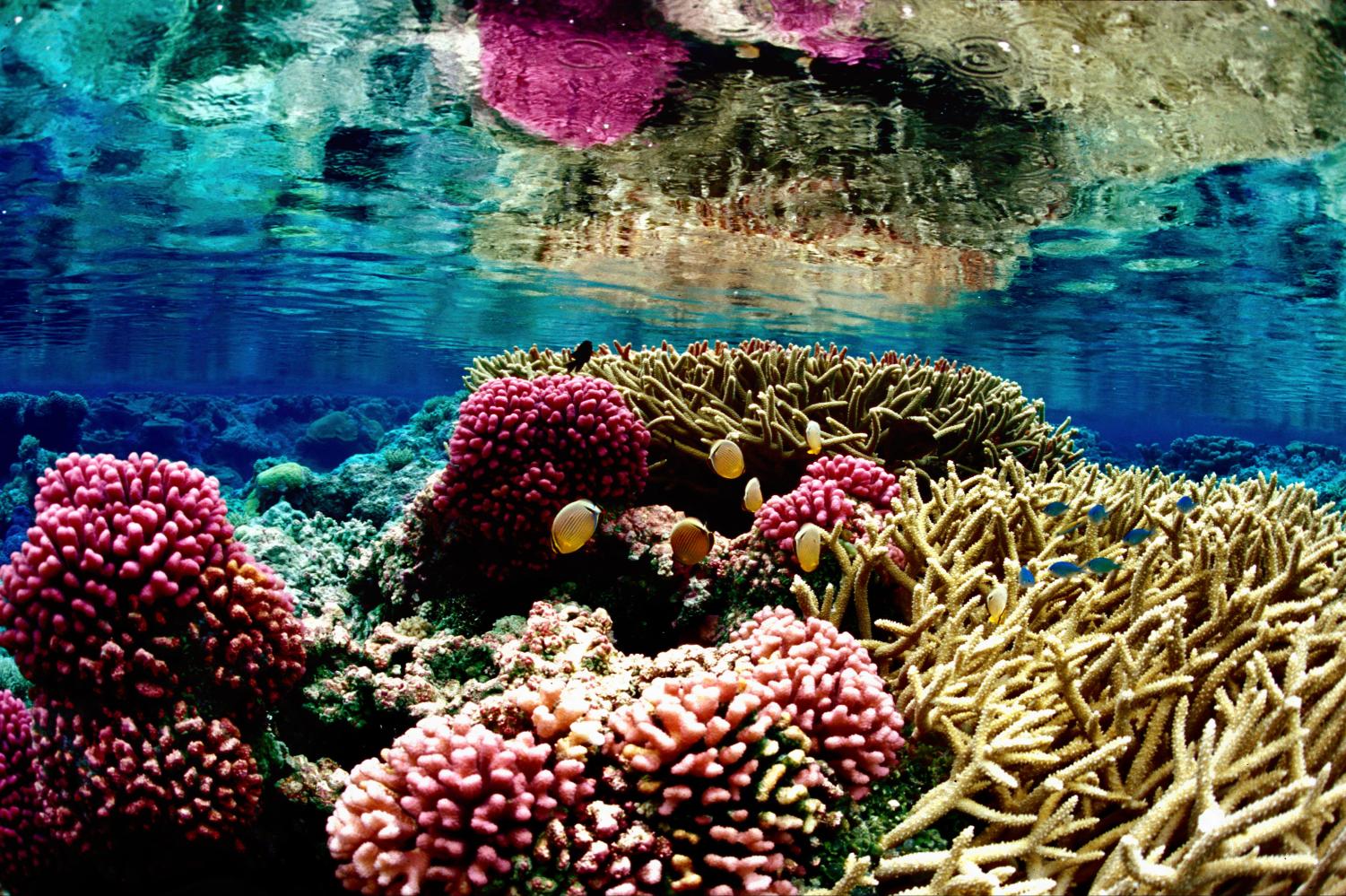
Algae Farming and Fish: Helping Coral Reefs Recover from Bleaching Events
Coral reefs are one of the most diverse ecosystems on the planet, providing a habitat for countless marine species. However, climate change is causing significant damage to coral reefs, including coral bleaching events. Coral bleaching occurs when the coral expels the algae that live within it, turning the coral white and leaving it vulnerable to disease and death.
Also Read:
- Nikola Tesla's Immaculate Energy Conception Finally Realized with Enzyme Clean Energy
- Challenges and Opportunities in the Future of Space Exploration
Thankfully, scientists have been working on ways to help coral reefs recover from bleaching events. One promising method is algae farming. Algae are photosynthetic organisms that can be grown in controlled environments and used to supplement the food sources of coral. In addition to providing a source of nutrition for the coral, the algae can also help to reduce the acidity of the surrounding water, which can help the coral to recover more quickly.
Another way to help coral reefs recover is through the use of fish. Specifically, fish that graze on algae can be used to help keep the algae levels in check. This is important because when there is an overgrowth of algae, it can compete with coral for space and resources, which can lead to the decline of the coral. By introducing fish that graze on algae, the algae levels can be kept in balance, which can help the coral to recover more quickly.
One example of this approach can be seen in the work being done by the Coral Restoration Foundation in the Florida Keys. The organization has been using a combination of algae farming and fish to help restore damaged coral reefs in the area. They have created a system of underwater gardens where they grow different types of algae, which are then harvested and fed to the coral. They have also introduced fish that graze on algae, which helps to keep the algae levels in check.
While these methods are promising, they are not a silver bullet. Climate change is still the biggest threat to coral reefs, and reducing greenhouse gas emissions is crucial to the long-term survival of these ecosystems. However, algae farming and fish can be a valuable tool in the fight to save coral reefs, providing a way to help these ecosystems recover from bleaching events and other forms of damage.
Read More:
- Physicists Prove the Existence of Time Reflections
- Square Enix Adds The World Ends With You Music Update to Theatrhythm Final Bar Line
That's it for this article.
Thanks for Visiting Us – fixyanet.com



0 Comments